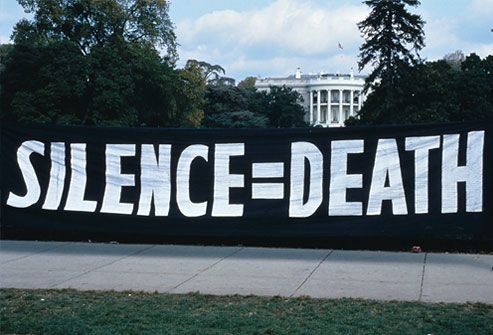
By John Pring Disability News Service 26th April 2018
The Department for Work and Pensions appears to have admitted failing to show vital documents that linked its “fitness for work” assessment with the deaths of benefit claimants to an independent expert it hired to review the test.
Dr Paul Litchfield published the final two independent reviews of the work capability assessment (WCA) in December 2013 and November 2014, but neither of his reviews mentioned key documents that linked the WCA and the deaths of claimants.
The existence of the documents was only revealed publicly by Disability News Service (DNS) in the years after Litchfield’s final report was published.
The Department for Work and Pensions (DWP) has previously admitted possessing all these documents, including letters written by two coroners and a number of secret internal reviews into deaths linked to its WCA regime.
Litchfield declined to say this week whether he was shown these documents, but DWP said that it provided information to his review “on request” and that “any evidence used was referenced in the review”.
This suggests that the documents were not shared with Litchfield, as he made no mention of them in his reports.
The DWP statement adds to steadily mounting evidence that ministers and senior civil servants failed for years in their duty to address major flaws in the WCA, and then covered up their failure to do so.
Neither of Litchfield’s reviews mentioned the coroners’ letters, which followed the deaths of two men with mental health conditions in 2010 and 2013 and each warned of further such deaths if changes were not made to the WCA.
The call for evidence for Litchfield’s second review was issued on 10 June 2014, just five months after coroner Mary Hassell had written to DWP following an inquest into the death of Michael O’Sullivan, who had had significant, long-term mental health problems.
Hassell had told DWP that the trigger for his suicide had been the conclusion by civil servants that he was fit for work, and she said that neither DWP nor the Atos doctor who had assessed him had asked his GP, psychologist or psychiatrist for information about his mental health.
Hassell told DWP that it needed to take action “to prevent further deaths” like Michael O’Sullivan’s.
But despite that urgent call, Litchfield’s second review failed to mention Hassell’s letter, and a similar letter sent to DWP by another coroner in 2010 following the suicide of Stephen Carré.
Litchfield’s two reviews also failed to mention the secret internal reports, known at the time as peer reviews.
Peer reviews – now known as internal process reviews – must be carried out by civil servants into every death “where suicide is associated with DWP activity”.
One of the aims of the reviews is to “determine whether local and national standards have been followed or need to be revised/improved”, so DWP would find it hard to explain why they would not be shown to the independent experts commissioned to review the WCA.
DWP has admitted that at least seven peer reviews written in 2012 mentioned the WCA, and there are almost certainly many more that were written by the time Litchfield wrote his final report in late 2014.
Professor Malcolm Harrington, the independent expert who carried out the first three reviews of the WCA in 2010, 2011 and 2012, has already told DNS that he believes he was shown neither the first coroner’s letter (the second letter had not yet been written by the time he completed his third review) nor any WCA-related peer reviews.
He told DNS in December 2016: “I have NO recollection of seeing any of the reviews you mention.
“Maybe my brain is failing, but such damning indictments of the system – if seen – should have triggered a response from me. It didn’t.”
When approached the previous year about the 2010 coroner’s letter, he had told DNS: “If I had known about that coroner’s report, I would have said that this was something else we need to look at.
“I am a doctor, I know about coroner’s reports. Coroner’s reports are something that you don’t ignore.”
Now DNS has asked the same questions of Litchfield, who is BT’s chief medical officer.
DNS has asked him if DWP showed him the two coroners’ letters and any peer reviews that mentioned the WCA while he was working on his two reviews, and if they did, why he failed to mention them in his reports.
This week, more than three weeks after DNS put the questions to him, a BT spokesman said Dr Litchfield had declined to comment.
A DWP spokeswoman failed to confirm if the department showed all the WCA-related peer reviews and the two coroner’s letters to Dr Litchfield but appeared to suggest that it did not.
She said in a statement: “This was an independent review, and DWP provided information alongside other stakeholders – on request.
“Any evidence used was referenced in the review.”
DNS asked last night, after receiving her statement, if DWP was suggesting that Litchfield should have requested to see documents that he would not have known existed.
She had not responded by noon today (Thursday).

Ive just had my fit for work assessment and was asked if ive ever thought of committing suicide and without the women knowing I recorded it on my phone from the minute I went into the room.